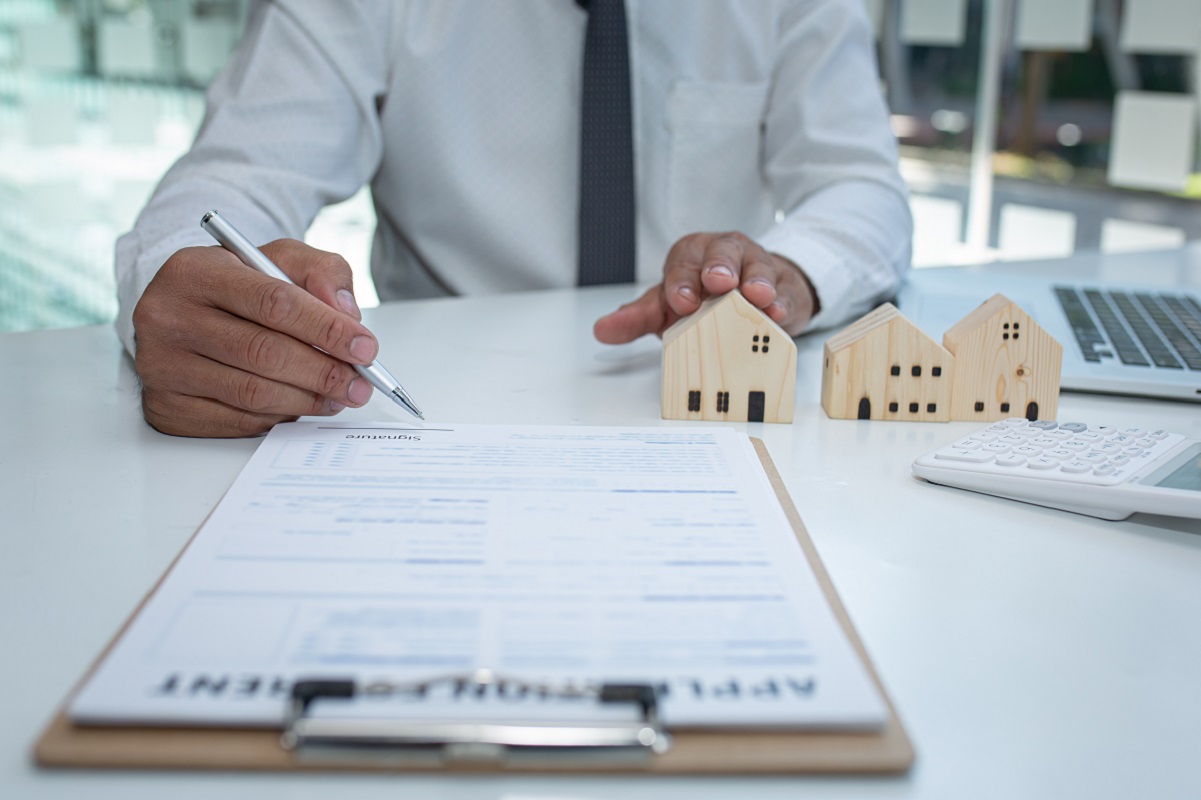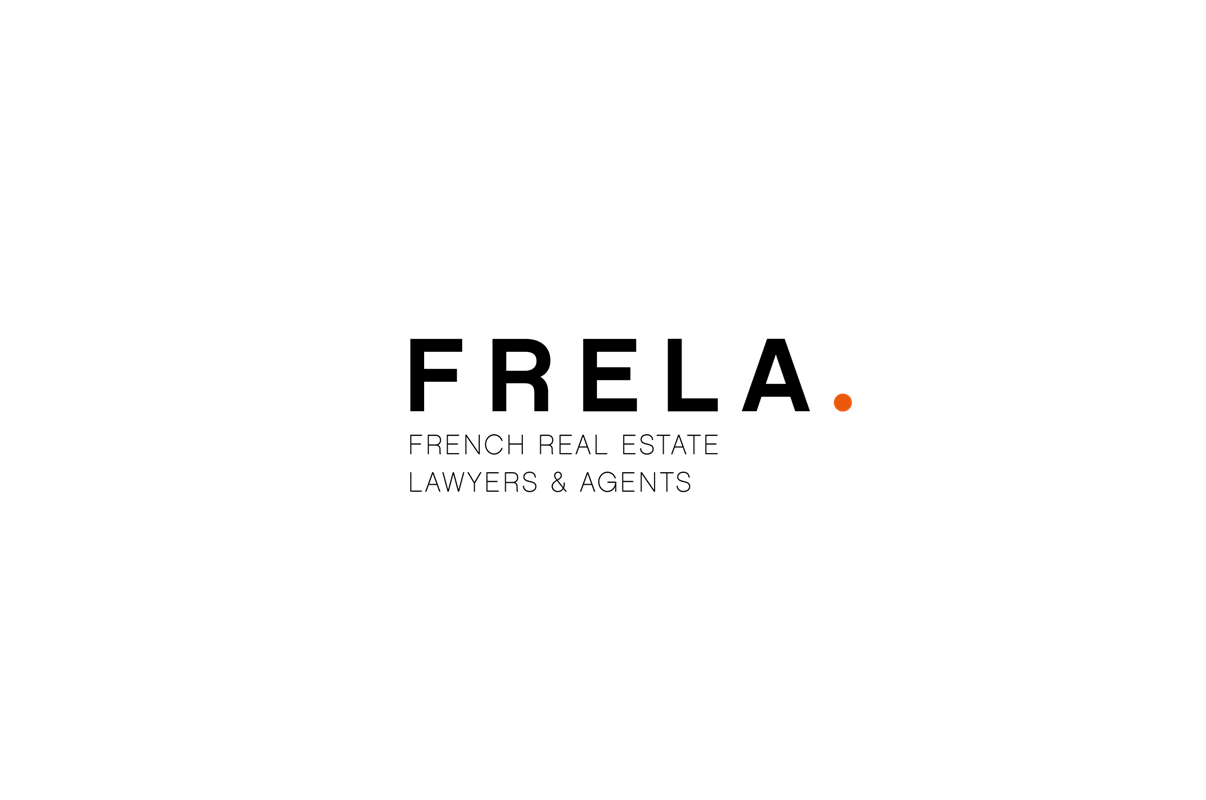Find your property
Sell your property
Secure your transactions
Business Formation and M&A
Tax Advisory
Comply with the legislation
10 Key Considerations for Foreigners Buying Property in France
For foreign nationals looking to invest in property in France, there are several critical factors to take into account. From navigating the legal process to exploring financing options, the journey can seem complex. However, with the right support and advice, the entire process can be streamlined and made far less daunting.
In this guide, we’ll explore 10 essential factors you should consider when purchasing property in France as a foreign buyer. We’ll also offer tips to help you secure the best deal and make the process as smooth as possible.
1. Confirm Your Mortgage Eligibility
Before beginning your property search, it’s vital to confirm whether you qualify for a mortgage in France. Consulting a French mortgage broker for an assessment of your eligibility can be a helpful first step. They will offer personalized advice based on your financial situation. Additionally, certain banks in France accept non-resident mortgage applications, so it’s worth researching different lenders. You might also consider opening a French bank account to improve your mortgage eligibility. Keep in mind the time it might take for mortgage approval and fund availability.
2. Evaluate Affordability
It’s crucial to ensure that the property you’re interested in fits within your budget. Apart from the purchase price, you’ll need to factor in taxes, fees, and any renovation expenses. Consider if the property could generate rental income, which might help cover some of these costs. Make sure your budget can comfortably accommodate the total investment and take into account potential market fluctuations that could impact property value.
3. Research the Location
Thoroughly investigate the area where the property is located before making any decisions. Consider the local infrastructure, economy, and available amenities. Visiting the location in person can provide a clearer picture of property types and pricing in the area. Additionally, be mindful of any local restrictions, particularly in popular tourist areas, which might affect how you can use the property—such as limits on short-term rentals.
4. Get to Know the Neighbours
Building relationships with locals and potential neighbors is a key consideration when buying property in France. Speaking with people in the area will give you insights into the community atmosphere, which is especially important if you plan to rent out the property. Friendly and supportive neighbors can make tenants feel more at home and assist with any issues that may arise.
5. Assess the Property’s Condition
Ensure that you thoroughly inspect the condition of the property. Request any necessary documentation and inquire about recent repairs or maintenance, particularly if the property is older or in need of renovations. Review inspection reports and seek professional advice on potential repair costs. A detailed walkthrough of the property can help you avoid unexpected expenses later on.
6. Clarify What’s Included in the Sale
It’s important to have clarity on what is included in the property sale, such as furniture, appliances, or outdoor features. Be aware of additional costs like stamp duties, legal fees, and real estate agent commissions, which may arise during the purchasing process.
7. Hire a Competent Lawyer
Enlisting a lawyer with expertise in French property law is essential for foreign buyers. Ensure they are familiar with the legal and tax considerations involved in purchasing real estate in France. A qualified lawyer will guide you through the process and help you avoid potential legal pitfalls.
8. Conduct a Property Survey
Before signing any contracts, it’s advisable to have a comprehensive survey carried out on the property. A property survey will evaluate the structural integrity, identify any repairs needed, and flag potential risks. This step ensures peace of mind and allows you to make an informed purchasing decision. Different types of surveys are available, so choose the one best suited to your needs.
9. Make a Thoughtful Offer
Once you’ve found a property and are satisfied with its condition and pricing, it’s time to submit an offer. Take into account current market trends and consult your real estate lawyer to determine an appropriate bid. Remember, the offer is not binding until it’s formally accepted and contracts are exchanged. Once the seller accepts, the property will be considered « under offer, » and you will have a set period to complete the transaction.
10. Finalize the Purchase
After your offer is accepted, the legal process of finalizing the transaction will begin. You’ll need to pay the required deposit and sign all necessary legal documents. Much of this process in France can be handled via email, so ensure your lawyer is informed if there are any delays in receiving documents. Once the paperwork is complete and the final signatures are in place, you’ll officially own the property—congratulations!
EnterFrance Legal Advisors for Foreign Investors
At EnterFrance, our legal team specializes in assisting foreign buyers with the legal and tax requirements of purchasing property in France. With extensive experience in French real estate transactions, we work closely with our clients to ensure that each step of the process is carried out accurately and in full compliance with French law. Let us help you make your dream of owning property in France a reality!




